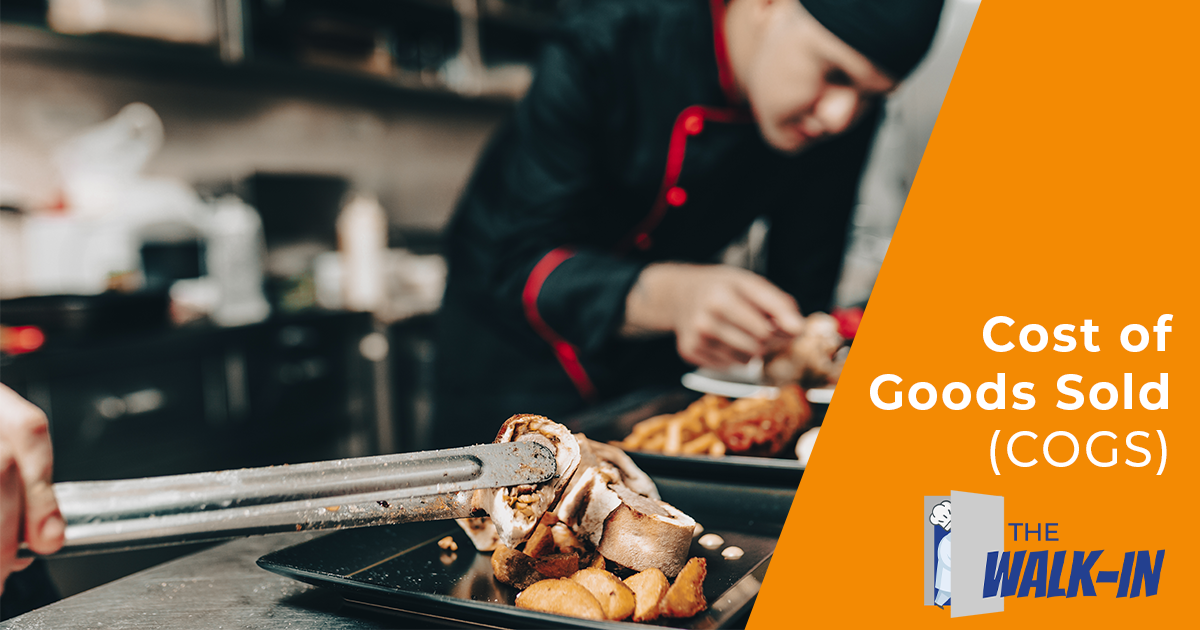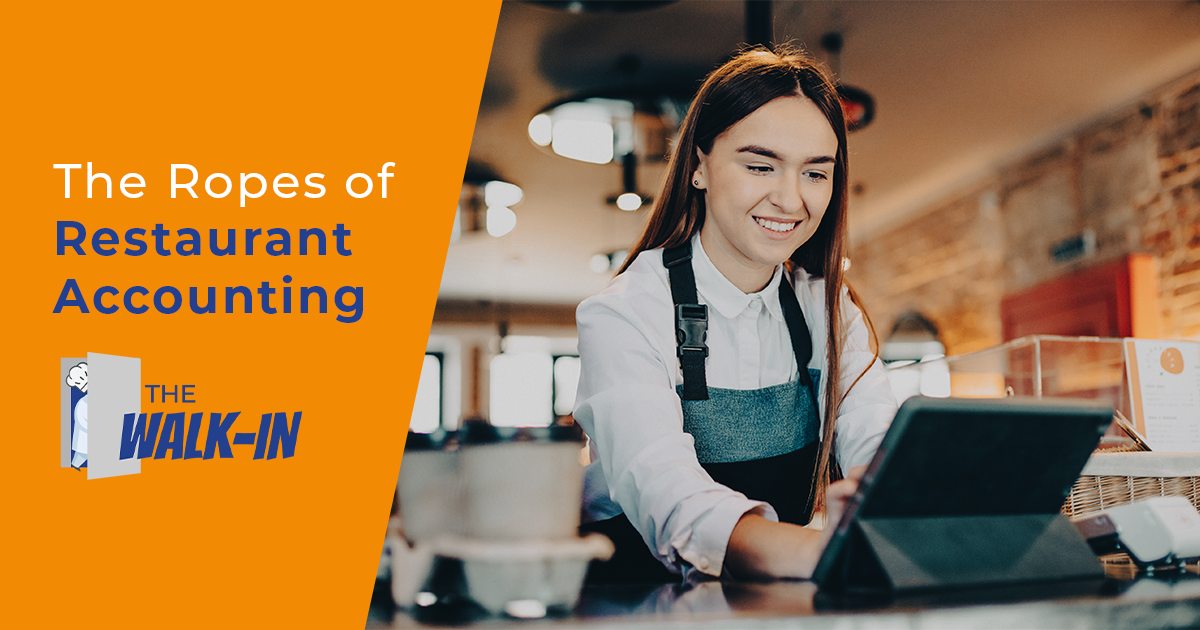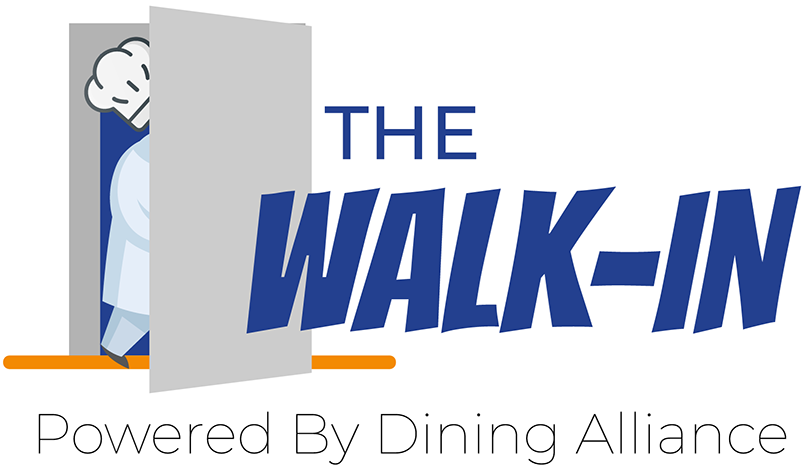Restaurant accounting involves the management of financial transactions and data in the restaurant industry.
Restaurant operators, owners, and managers like yourselves use accounting practices to keep track of their expenses, revenue, profits, and losses.
But to ensure profitability and no mistakes are made, you must first learn the ropes of restaurant accounting and all it involves:

This involves the daily recording of financial transactions such as sales, expenses, and payroll. Accurate bookkeeping is essential for understanding the financial health of a restaurant and making informed business decisions.
This will help keep track of cash flow, monitor expenses, and identify any issues that may need attention so you’re not making any losses.

COGS is the total cost of the food and beverages that a restaurant sells. This includes the cost of ingredients, labor, and any other expenses associated with preparing and serving the food.
Understanding and managing your COGS is critical for maximizing profits in the restaurant industry.

Restaurants need to manage their inventory of ingredients and supplies to ensure that they have enough to meet demand but also avoid waste and spoilage.
Effective inventory management helps restaurants control costs and minimize losses. Utilizing technology ensures you stay on top of your inventory and increase your bottom line.

In order for your employees to be paid accurately and on time, you would need to manage their payroll. This includes tracking hours worked, calculating wages and benefits, and withholding taxes.
You must stay up to date on labor laws and regulations to ensure compliance. The last thing anybody wants to do is deal with the IRS.

To gain a deeper understanding of your restaurant’s finances, you need to analyze your financial data to identify trends, opportunities, and challenges.
This analysis involves comparing actual results to budgets and forecasts, as well as monitoring key performance indicators such as revenue per table, cost per plate, and profit margins.
This is where income statements and balance sheets will be your best friend.

Overall, effective restaurant accounting is essential for running a successful restaurant business.
It provides valuable insights into the financial health of your business and helps you make informed decisions to optimize operations and maximize profits.








